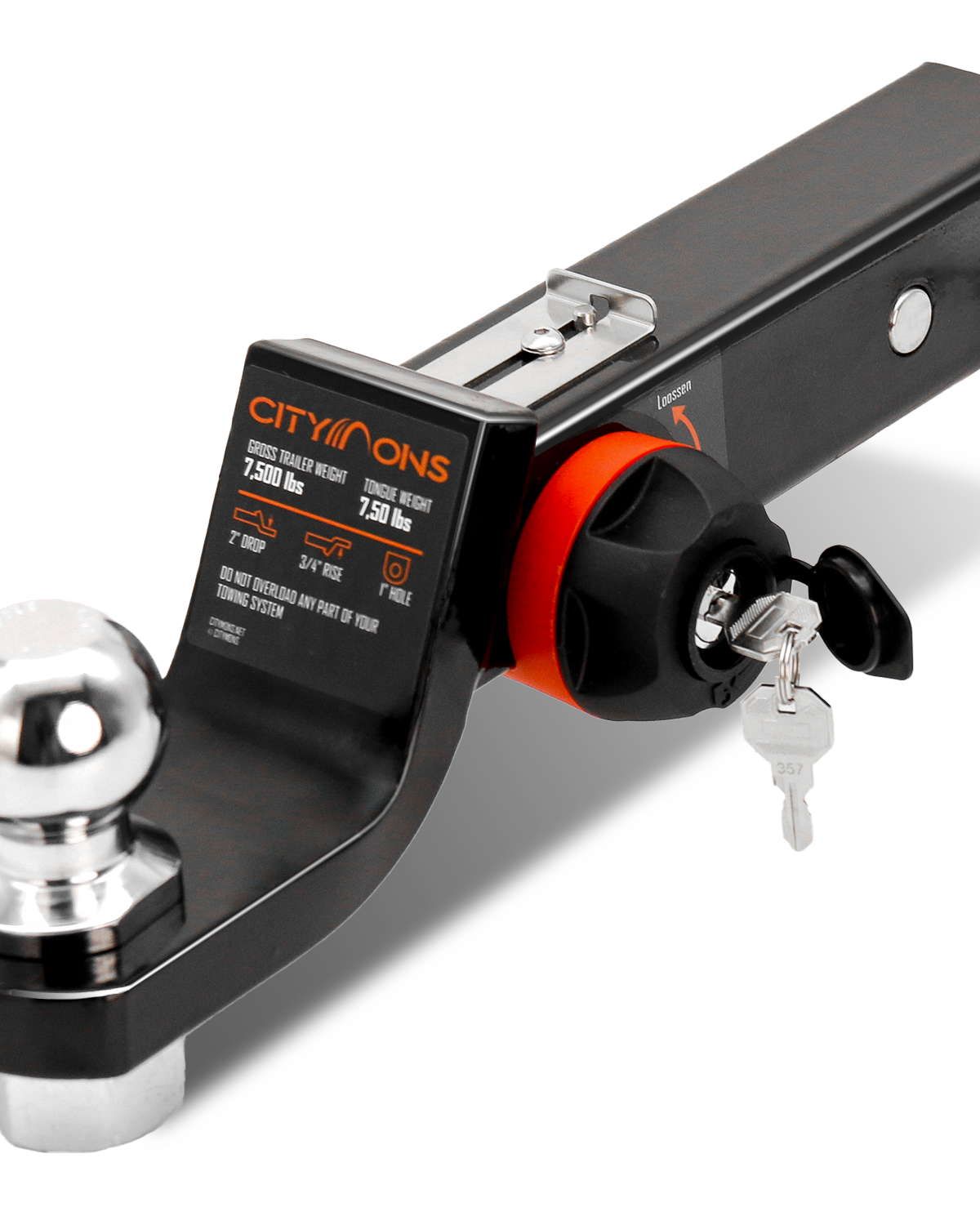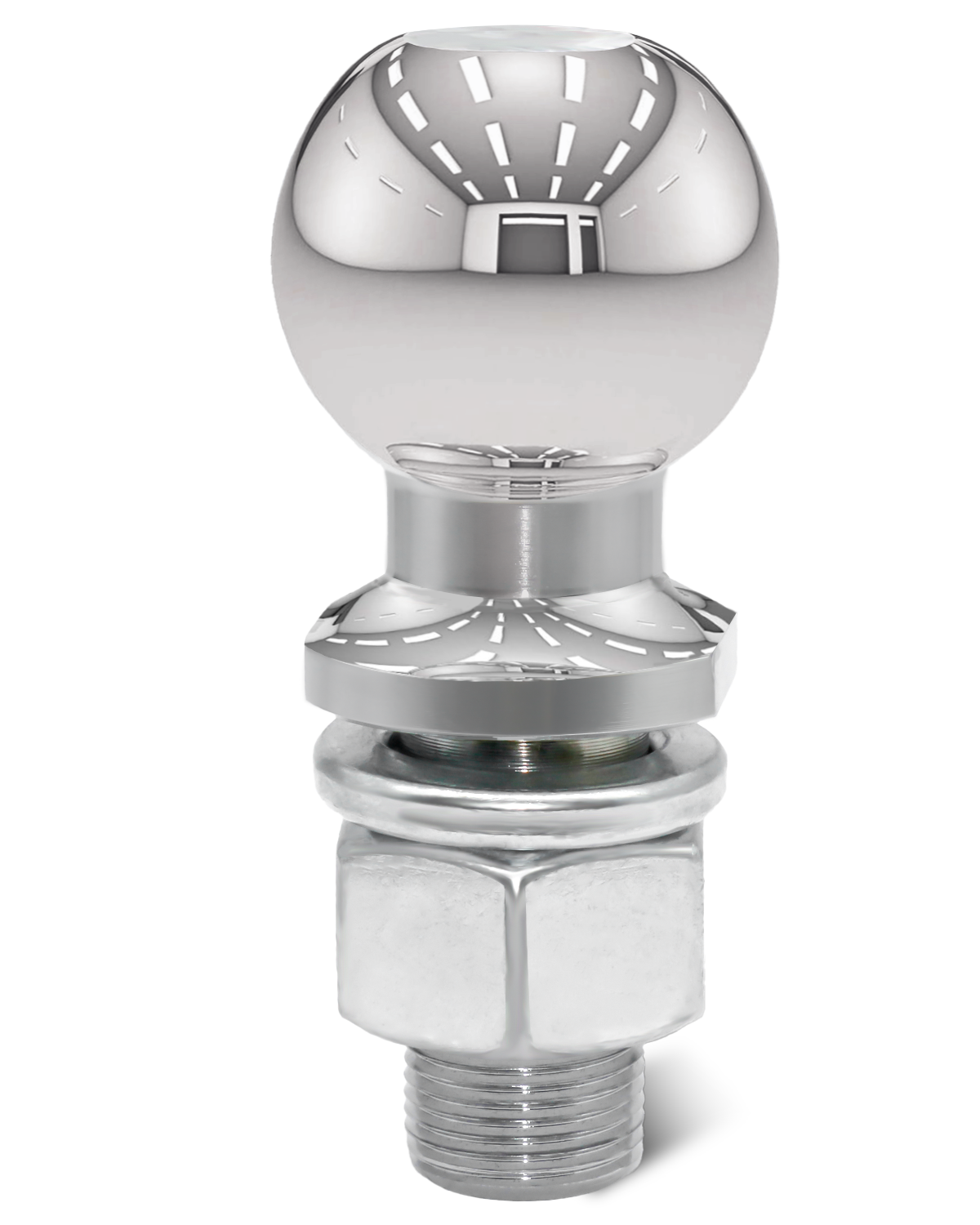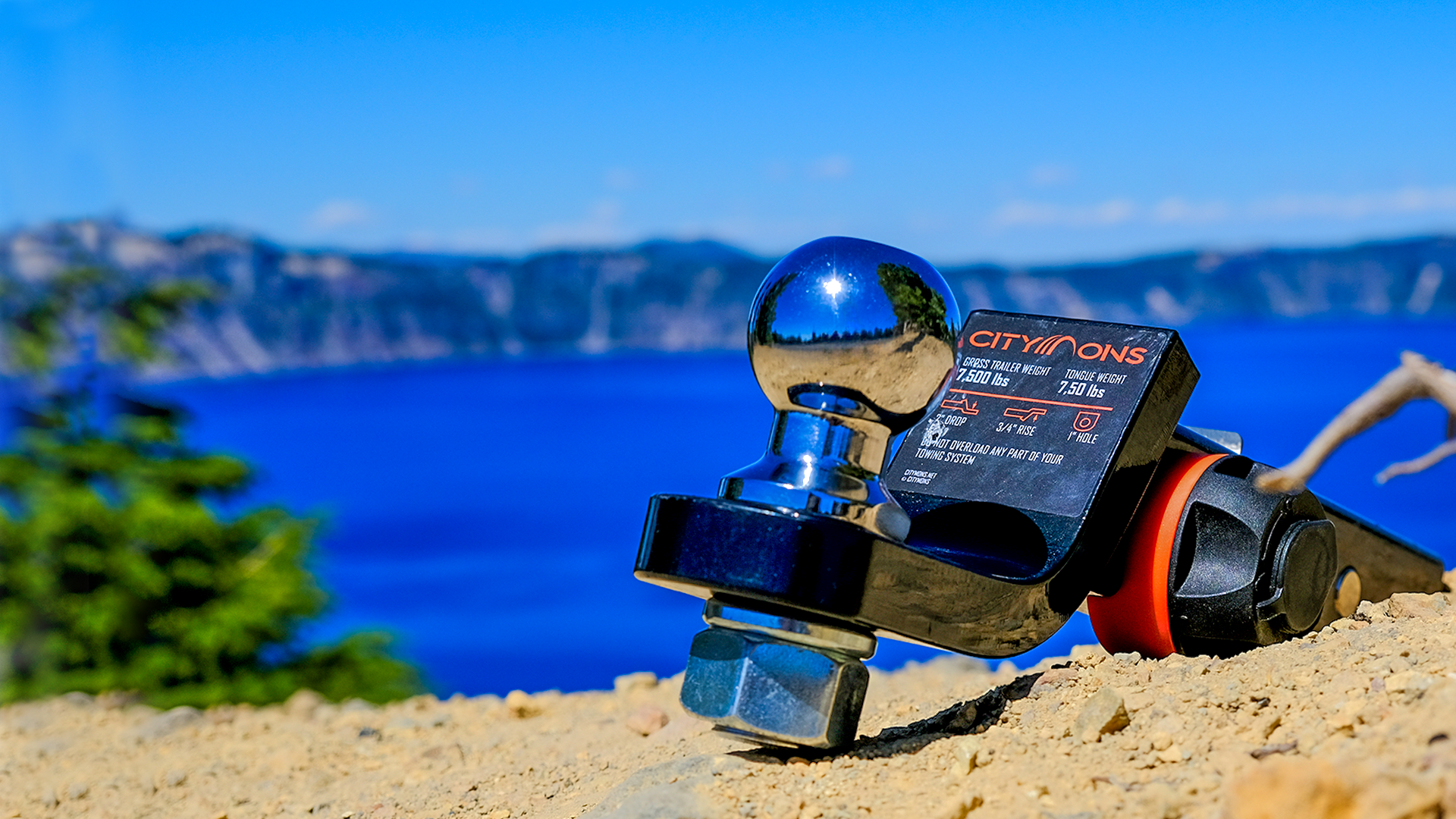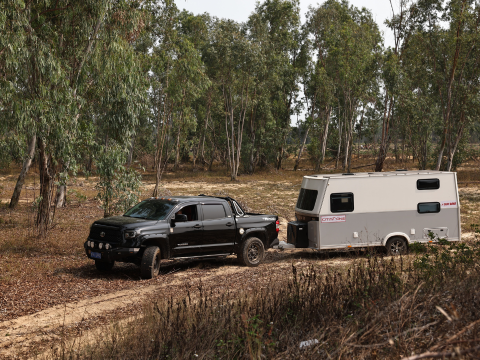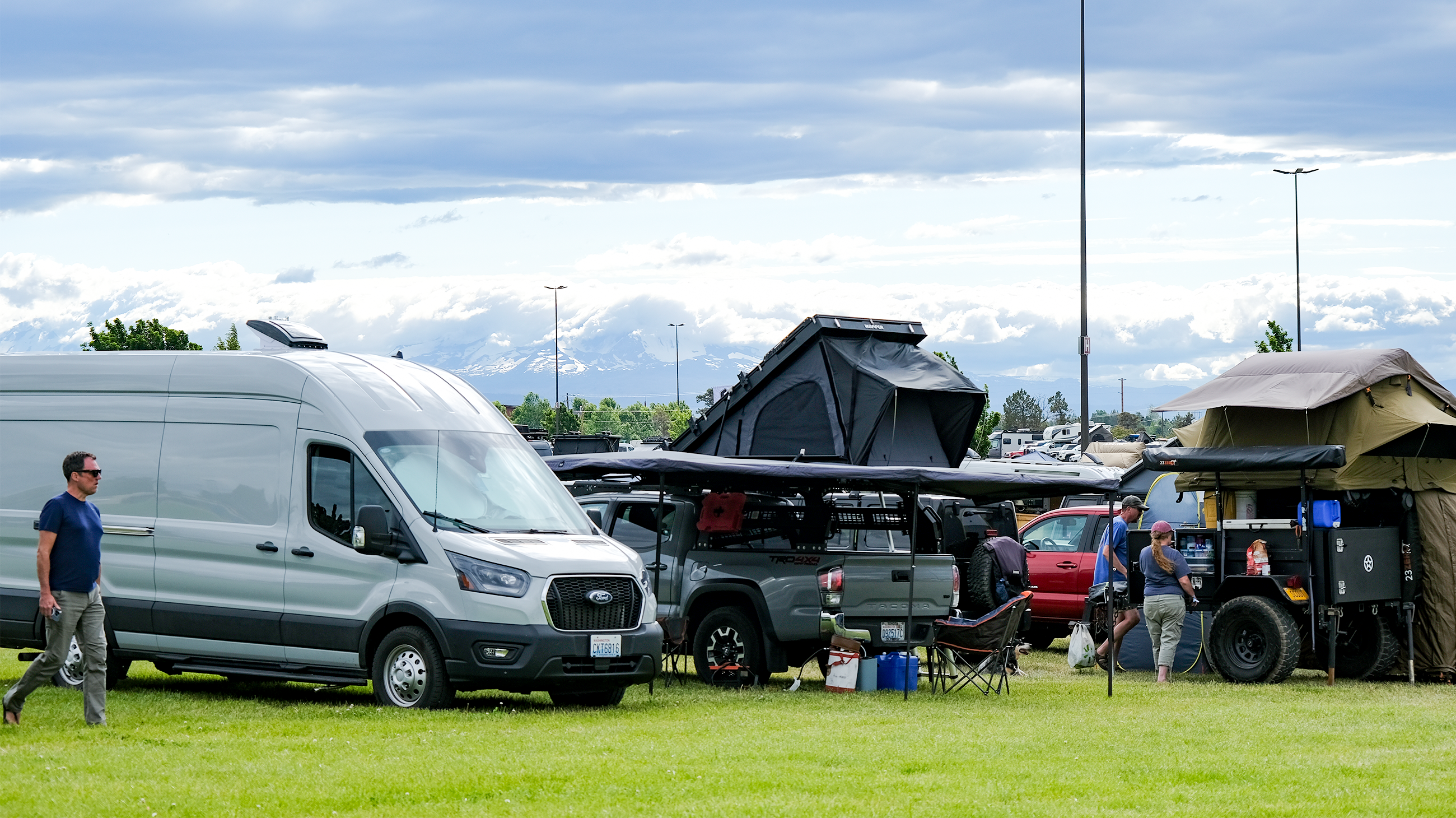While it may seem like just a simple piece of metal, the trailer hitch is crucial in any towing setup. It ensures a secure connection between your trailer and the towing vehicle, making your journey safe and smooth. Without a proper hitch, the trailer and vehicle cannot be securely attached, making towing impossible.
The primary function of the trailer hitch is to ensure the trailer stays firmly connected to the towing vehicle. Whether you're driving on highways or navigating rough terrains, a high-quality hitch can withstand various forces, preventing the trailer from detaching or swaying excessively. This is vital for your safety and that of others on the road.

The design of the hitch also directly impacts the trailer's stability. A poorly designed hitch can cause the trailer to sway or become unstable during travel, affecting the driving experience. A well-designed hitch, on the other hand, can significantly reduce sway, making your drive more comfortable and confident.
Different towing needs require different hitches. Lightweight trailers and heavy RVs have varying weight requirements, and the hitch must match these needs. Some advanced hitches come with adjustable height features to ensure a level connection between the trailer and the towing vehicle, improving handling and protecting the suspension systems from unnecessary wear.

Maintaining the trailer hitch is equally important. Before each trip, inspect the hitch for wear and ensure all connections are secure. Applying lubricant to metal parts reduces friction and extends the hitch's lifespan. Regular maintenance ensures safe travel and prevents costly repairs down the line.
In short, while the trailer hitch might be a small part of the towing system, its importance cannot be overstated. Choosing the right, high-quality hitch ensures a safer, smoother towing experience. As you plan your next adventure, take the time to check your hitch, ensuring it provides the reliable support needed for your journey.

